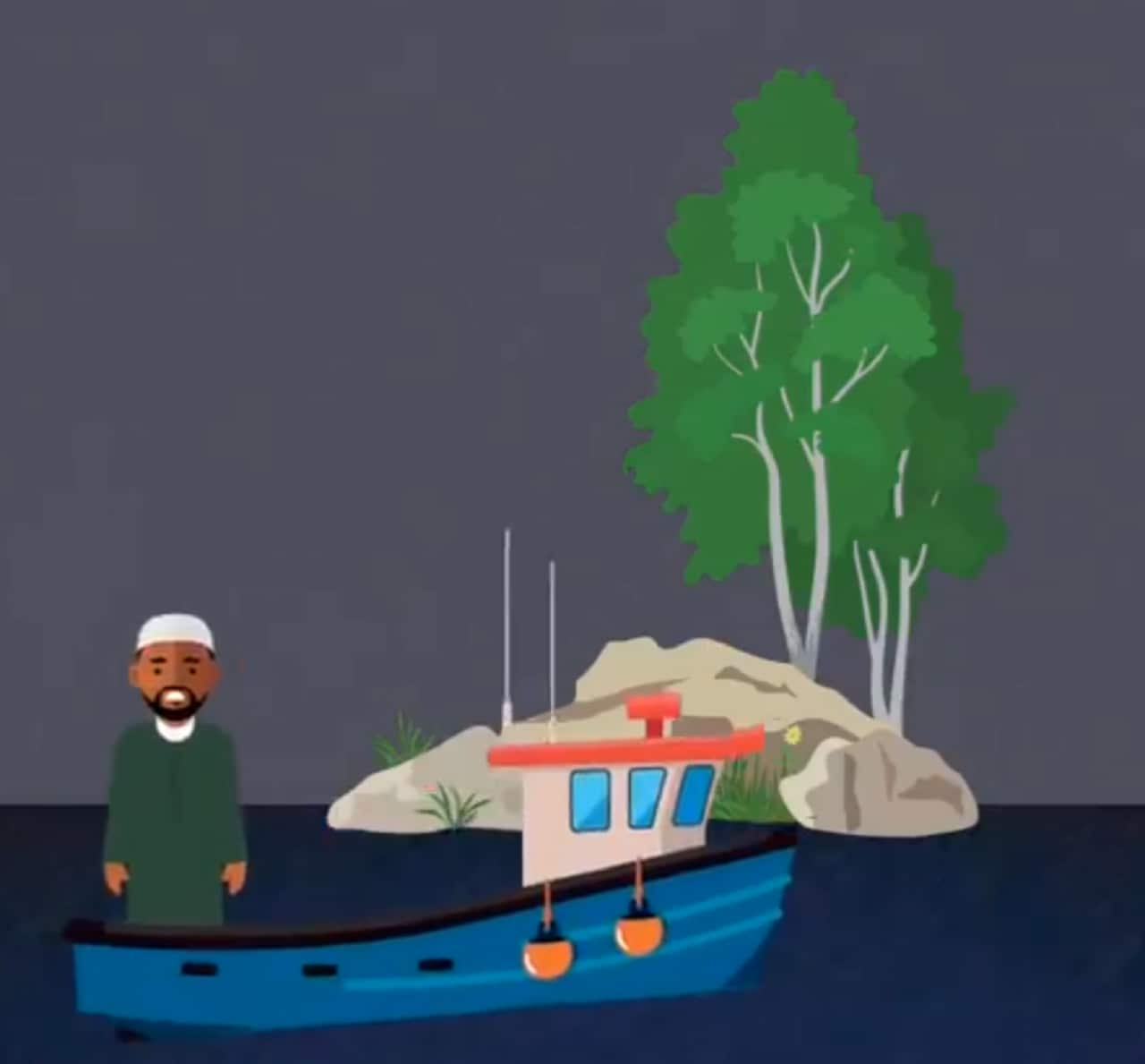Foreign criminals who have been sentenced to deportation will be banished to a remote island, Denmark's government announced on Friday.
The country's finance minister Kristian Jensen said the criminals will be sent to a facility on Lindholm, a seven-hectare island in Stege Bay.
"There will be a ferry service to and from the island, but the ferry will not operate around the clock, and they must stay at the departure centre at night. That way we will be better able to monitor where they are," he said, according to Danish website The Local.

The Local said, "the facility will house convicted foreign nationals whom Denmark is unable to deport, for example due to being stateless or because no readmission arrangement exists between Denmark and their home country".
The arrangement was part of an agreement between Denmark's conservative coalition government and anti-immigration party the Danish People's Party (DF).
After the announcement, DF posted a video on its Twitter account of a dark-skinned man in what appears to be Islamic attire being sent to the island.
"Deported, criminal foreigners have NO reason to be in Denmark. Until we can get rid of them, we will move them to the island of Lindholm," the tweet read.
"They will be obliged to stay at the new deportation centre at night and there will be police around the clock. Great!"
But opposition parties have slammed the move.
Leader of the environmentalist Alternative party Uffe Elbaek said on twitter the policy showed a "humanitarian collapse" in Danish politics.
"Inhumane politics are creating a completely different Denmark to the Denmark I love," he said.
Mr Elbaek, who is also a prime ministerial candidate, added that "the green government I want to lead would never force people on to a deserted island".
According to The Local, Lindholm is "currently used by the Technical University of Denmark's (DTU) Veterinary Institute, which carries out research into viruses affecting cattle and swine".
"The research is carried out on the uninhabited island due to precautions against potential contagion," it said.

